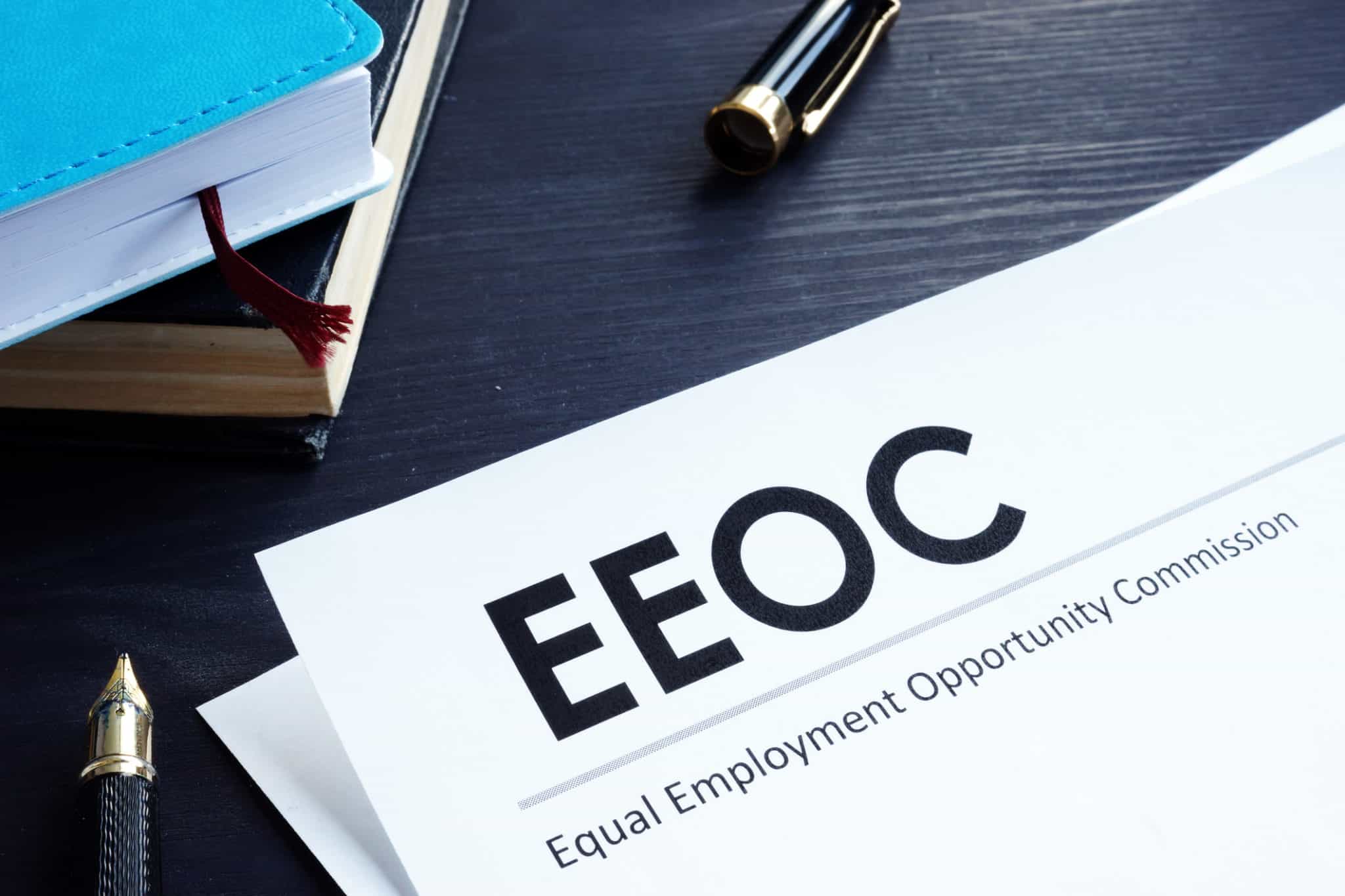
Sunah Chang is a student at Harvard Law School.
In today’s news and commentary: Governor Newsom vetoes a bill in California that would have extended unemployment payments to striking workers, the UAW strike continues as GM and Ford lay off hundreds of workers, and the EEOC circulates a new guidance on workplace harassment.
Over the weekend, Governor Newsom vetoed Senate Bill 799, a law that would have permitted workers in California to be eligible for unemployment insurance benefits while striking. The bill would have given unions significant leverage in negotiations by making it easier for union workers to stay on strike for a longer period of time. In his veto message, Governor Newsom cited costs as his primary reason for rejecting the bill, noting that the bill would have increased the debt that California has already incurred in order to fund the unemployment insurance program. In response to Governor Newsom’s veto, labor leaders promised to continue the fight for the bill in future years. In addition to Senate Bill 799, Governor Newsom vetoed Senate Bill 686, another high-profile labor bill which would have expanded Cal/OSHA’s workplace health and safety rules to cover domestic workers. Supporters of the bill urged that the bill would standardize critical workplace protections for California’s domestic workers, most of whom are low-income immigrant women of color. However, Governor Newsom expressed concern that the bill would regulate private households that employ domestic workers in the same manner as traditional businesses and vetoed the bill.
Meanwhile, the autoworkers’ fight continues with over 25,000 workers on strike. Yesterday, GM and Ford announced they would lay off an additional 500 workers due to the impact of the strike. GM also announced yesterday that UAW proposed a counter to GM’s most recent offer from September 21, but stated that “significant gaps remain” between the two parties. GM and UAW’s renewed negotiations came shortly after UAW reached a tentative agreement for a five-year contract with Mack Trucks over the weekend. UAW and Mack Trucks have not disclosed the terms of the agreement, but UAW announced that the union would share more details to the public once union members have reviewed and ratified the deal.
In other news, the EEOC proposed an updated guidance on workplace harassment, which was published in the Federal Register for public comment yesterday. The non-legally binding guidance is intended “to provide clarity to the public regarding existing requirements under the law or Commission policies.” In a press release, the EEOC stated that the updated proposed guidance “reflects notable changes in law, including the Supreme Court’s decision in Bostock v. Clayton County, the #MeToo movement, and emerging issues, such as virtual or online harassment.” Among other revisions, the proposed guidance clarifies the Commission’s views that LGBTQ workers are broadly protected against harassment and that sex-based discrimination, as it pertains to pregnancy, childbirth, or related medical conditions, covers an employee’s abortion-related decisions. The proposed guidance also explains that conduct “within a virtual work environment” or online conduct that occurs on personal social media pages can contribute to a hostile work environment. If finalized, the new update will signal the first time in over two decades that the EEOC has changed its guidance on workplace harassment. Most recently, in 2017, the Trump administration blocked an effort by the EEOC to finalize an updated draft of the guidance.
The proposed guidance will be open for public comment until November 1.






Daily News & Commentary
Start your day with our roundup of the latest labor developments. See all
May 1
Tenth Circuit upholds DOL Rule; fired Google employees file NLRB complaint; Trader Joe's union vote undecided
April 30
EEOC finalizes guidance on workplace harassment, hotel workers prepare for May Day rallies, and the Fight for $15 campaign rebrands as Fight for a Union.
April 29
The International Alliance of Theatrical Stage Employees enters the final stages of negotiations for its basic agreement; the Supreme Court appears likely to side with Starbucks in 10(j) injunctions case
April 28
UAW wins big in last-minute Daimler deal; DOL rule bolsters farmworker labor protections.
April 26
Starbucks and Workers United resume bargaining talks; Amazon is ordered to disclose records; Alabamians support UAW’s unionization efforts.
April 25
FTC bans noncompete agreements; DOL increases overtime pay eligibility; and Labor Caucus urges JetBlue remain neutral to unionization efforts.